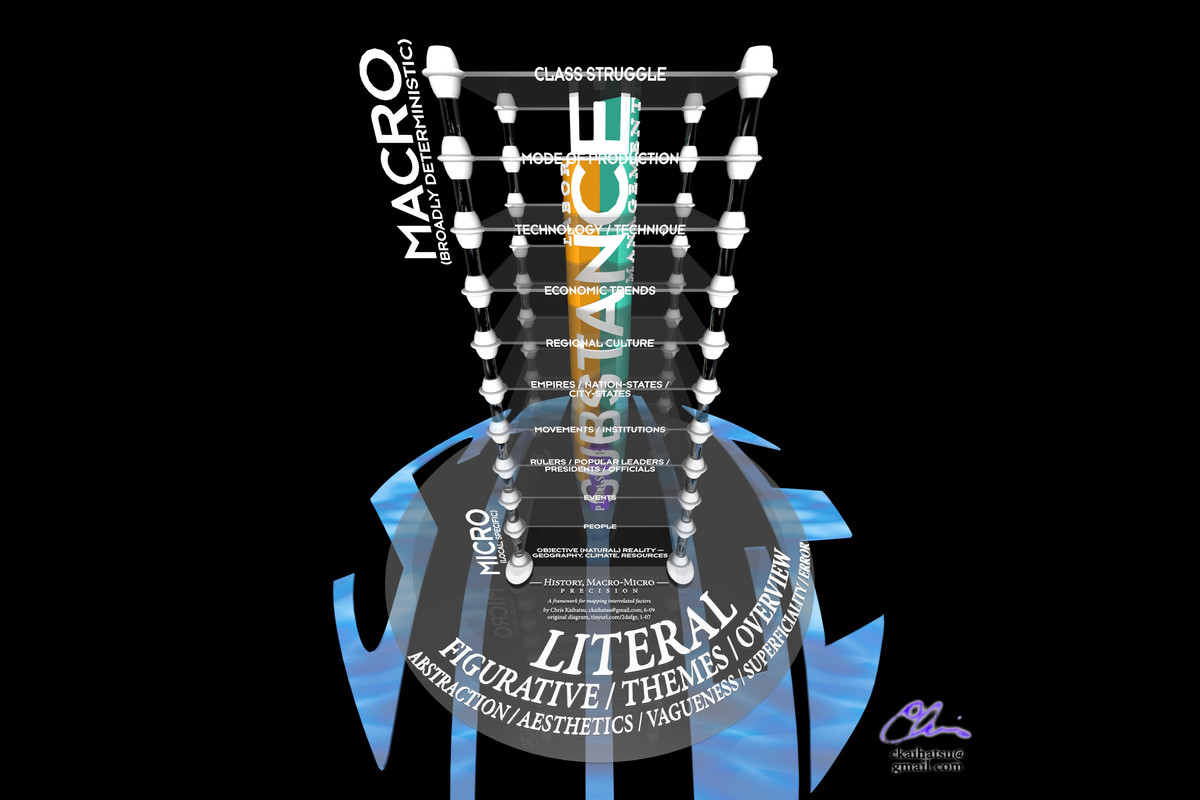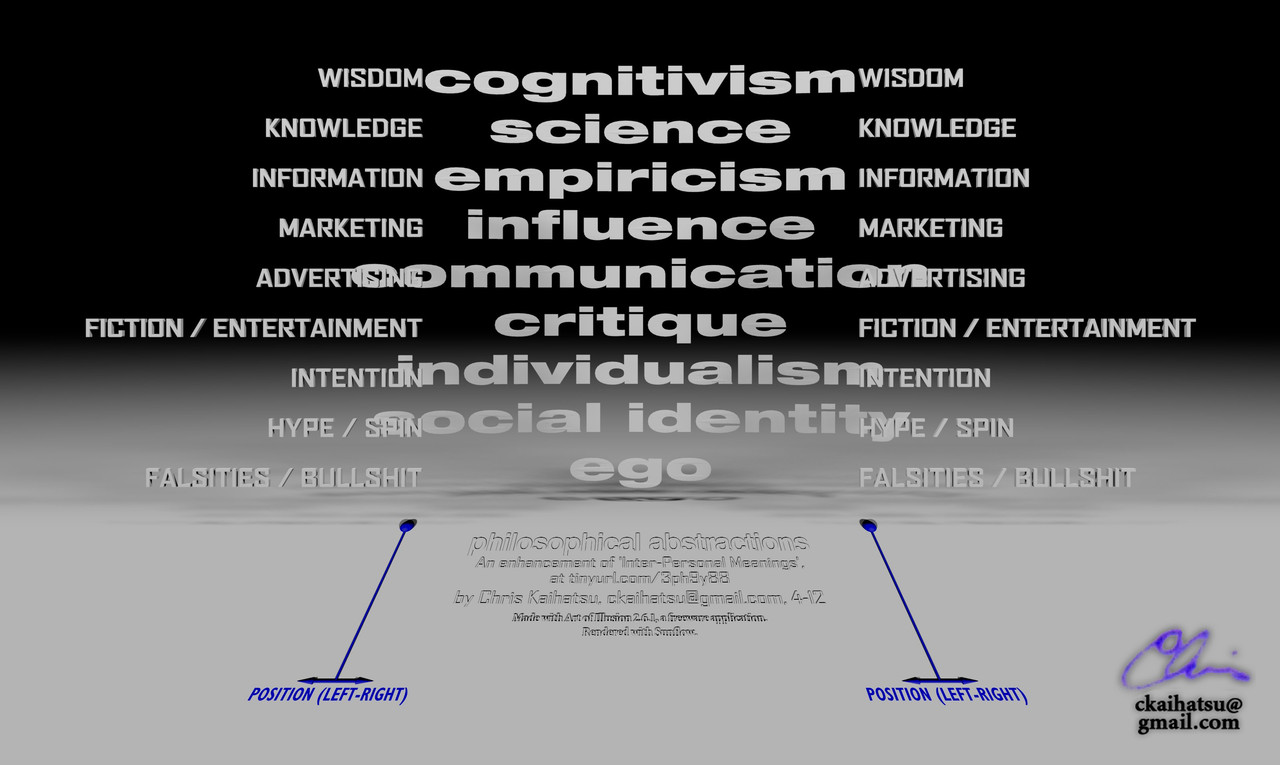ckaihatsu wrote:
(Technological determinism, or the liberal bible, in other words.)
Bibles don't change...
It's also not deterministic, but then you are known for your extravagance.. (take a look at the relevant journals to see the 'combat' that has gone on since it's publication.)
"And in the last week, a relatively new blog in anthropology -- Savage Minds -- has set off a huge debate over the book. Two of the eight people who lead Savage Minds posted their objections to the book, and things have taken off from there, with several prominent blogs in the social sciences picking up the debate, and adding to it. Hundreds of scholars are posting and cross-posting in an unusually intense and broad debate for a book that has been out for eight years.
Writing in Crooked Timber, Henry Farrell, an assistant professor of political science at George Washington University, writes, "It’s fine and good to challenge Diamond’s evidence and arguments with other evidence and counter arguments. That’s what academic debate should be about. It’s also fine to challenge particular styles of thinking if they’re unable to come to grips with certain kinds of phenomena. But if you want to claim that certain kinds of reasoning are inherently racist and repugnant to right thinking people, which is what seems to be going on here, you had better have strong evidence to back up your accusations. So far, all I’ve seen a lot of vaguely worded innuendo. There’s some underlying deformation of thinking here, and I’m not sure what’s driving it."
In fact, Friedman says that Diamond should be praised for doing work that relates to so many fields. "By crossing disciplinary boundaries, scholars like Diamond can help shake us out of disciplinary assumptions that might themselves be problematic."
https://www.insidehighered.com/news/2005/08/03/guns-germs-and-steel-reconsideredHistorians want to bring out the context more, they always do. Which means everyone kicked it around for years, and I expect by now that the rough edges have been smoothed. Which means I have assumed the core of Diamonds thesis remains intact, which may not be the case.
But do us a favor and go check it out...










 - By Deutschmania
- By Deutschmania - By wat0n
- By wat0n